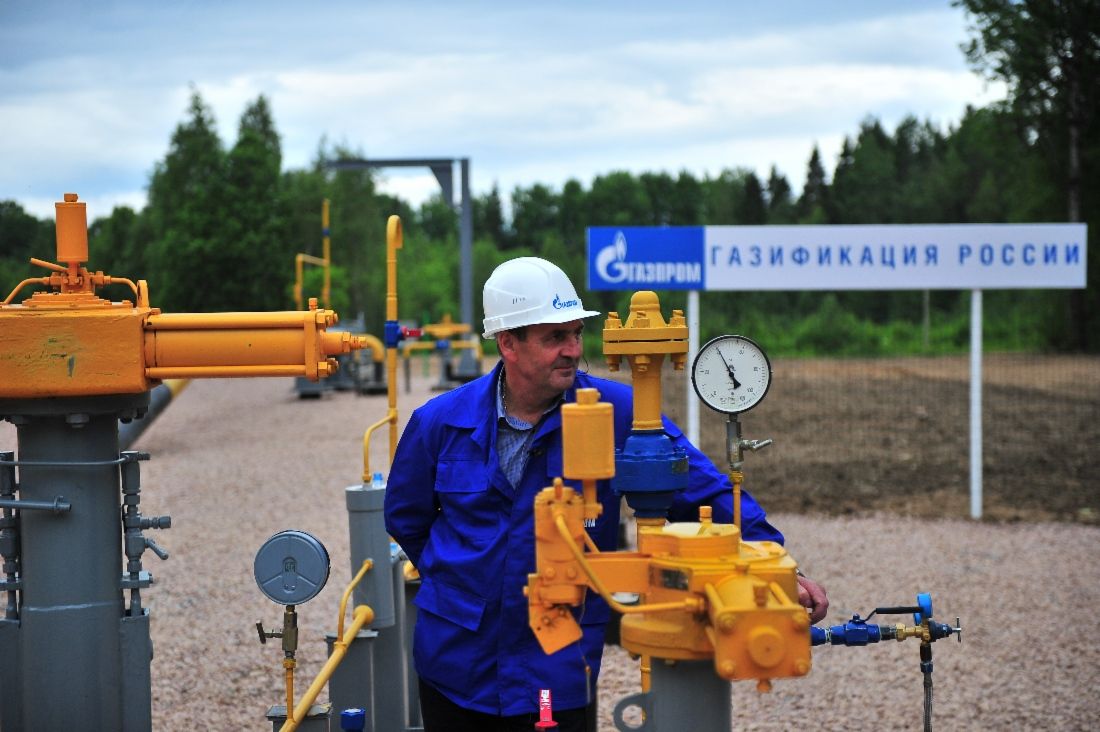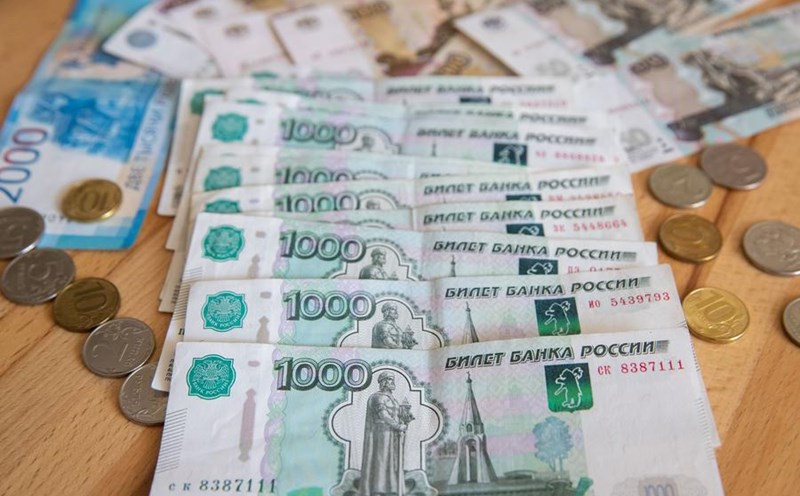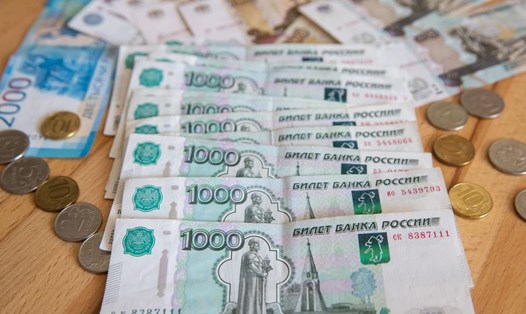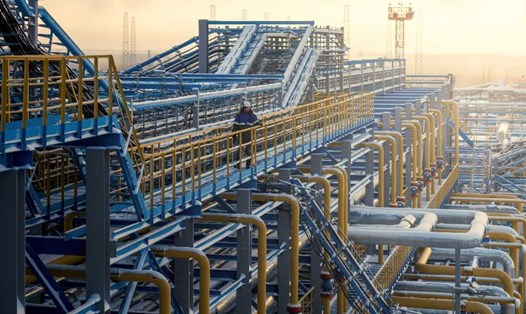The European Commission (EC) is considering allowing EU businesses to unilaterally terminate long-term gas contracts with Russia without having to pay a penalty.
This is a bold move in the roadmap to "use" all Russian fossil fuels by 2027 - a goal that was pledged by EU leaders after the Russia-Ukraine conflict broke out in 2022.
According to the Financial Times, three EU officials revealed that the EC is studying the possibility of allowing European companies to cited force majeure provisions to unilaterally withdraw from gas contracts with Russia without being sanctioned for violations.
Normally, this provision is only applied in unexpected situations such as natural disasters, war, or incidents beyond control. However, the EC is trying to " redefine the structure", turning it into a legal tool to serve the political goal: to escape energy dependence on Moscow.
The EC spokesperson declined to comment, but the plan is expected to be included in the policy document due on June 6, after multiple delays.
According to EU statistics, the amount of gas imported from Russia in 2024 has decreased sharply to 52 billion m3, compared to 150 billion m3 in 2021. However, ironically, Europe has bought Russian LNG from Russia at record rates, causing total imports to increase by 18% over the past year.

pipeline gas flows through Ukraine have been suspended since January 1, 2025, after the transit agreement ended. However, the TurkStream gas pipeline through Turkey is still operating regularly, pumping 56 million m3/day in February, up 11% compared to January.
"These figures threaten the goal of ending Russian gas by 2027," according to energy consultancy Ember.
Despite political slogans, many large enterprises in France and Germany are discussing the possibility of returning to Russian gas if there is a "reasonable peace" in Ukraine.
"If there is peace, we can return to the 60-70 billion cubic meters per year import level, including LNG," said Didier Hollea, vice president of Engie Group (France). Engie was once one of the biggest customers of Russian oil and gas giant Gazprom.
In Germany, which used to depend on 55% of Russian gas, industry is quietly pushing for a plan to reopen the flow.
Russian gas is cheaper than any subsidy package today, said Christof Guenther, director of the InfraLeuna Chemical Industrial Park, where Dow Chemical and Shell are located. Everyone thinks so, but no one dares to say it, he added.
Meanwhile, Russia is also under pressure from the market itself. Mobilization of new tariffs and sanctions by the US have caused a decline in Russian oil exports.
According to Bloomberg, oil production from ports in Russia in the four weeks to April 13 fell to 3.13 million barrels/day, the lowest level since February. The value of Russian crude oil exports also fell to only 1.29 billion USD/week, the lowest since mid-2023.
It seems that both the EU and Russia are having to calculate each flag - not only on the battlefield of Ukraine, but also on the global energy board.











